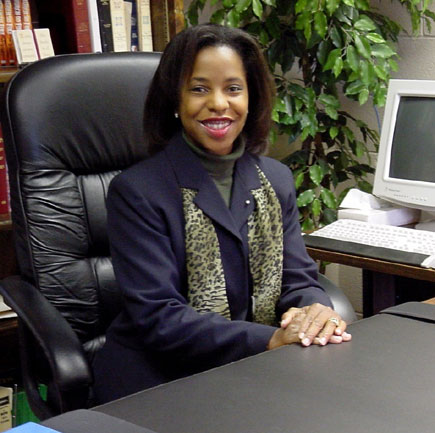Some educators seem to struggle with the finding an appropriate role for computers in instruction. Many have adopted a guiding implementation principle of using computers to do what is otherwise not possible. Computers can store and retrieve a tremendous amount of data at the stroke of the keyboard. It is doubtful that students can do so to the same extent. Further, computers enable educators to make real-time connections between learners and the rest of the world. Computers also make interactive, individualized learning and assessment possible. Many of these common uses focus on what the computer can do for learners as a vehicle of instruction.
The computer as a mindtool, however, shifts the focus to what learners can do with computers to extend learners' own cognitive processes. Jonnasen, Carr, and Yeu (1998) argued that computers should be used to help learners construct knowledge. They described computer applications that help learners organize and analyze what they know via dynamic and conversational tools. They rejected the notion that computers or (technologies) should instruct learners.
However, I do not totally reject the notion that computers should not serve as expert converyors of information for the same reasons that I don't accept the idea that constructivism is the only valid instructional theory. There are times that direct instruction is both efficient and necessary. For example, if safety is at stake, I would not think it would be sufficient for those learning to be an emergency medical technician to have to construct their individual knowledge and socially negotiate the meaning of a patient suffering from signs of a stroke. An expert system is an appropriate use of technology in this case. Neither do I support Perelman (1992) who believed that a smart environment filled with tools with embedded intelligence is all we need to learn. It is foolish for us to totally rely on technology to convey and interpret information. At this point, humans are better able to create, imagine, and recognize patterns and trends. Just because people aren't capable of the volume of information processing that a computer is capable of, doesn't mean we need to give up on the cognitive processes that build our personal expertise.
I contend that we do not see enough instructional applications of learners using computers as mindtools. I advocate learning both with and learning from computer technologies. Computers as cognitive tools, then, assist learners with their information processing by both supplying the content and aiding in its analysis and interpretation.
References
Jonassen, D. H., Carr, C., & Yueh, H.-P. (1998). Computers as mindtools for engaging learners in critical thinking. TechTrends, 43(2), 24-32.
Perelman, L. J. (1992). School's out: A radical new formula for the revitalization of America's educational system. Avon Books: New York.
Sunday, March 26, 2006
Subscribe to:
Post Comments (Atom)

No comments:
Post a Comment